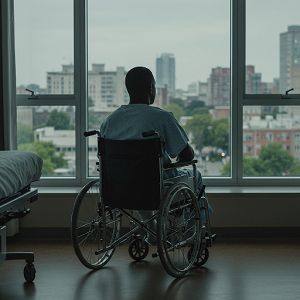A recent study highlights significant racial disparities in the prescription of mood stabilizers for hospitalized patients with bipolar I disorder. The research, published in the Journal of Clinical Psychiatry, reveals that non-Hispanic Black patients are less likely to be prescribed lithium compared to their non-Hispanic White counterparts. Specifically, lithium was prescribed to 24% of White patients but only 15% of Black patients. Conversely, valproic acid was prescribed to 20% of Black patients compared to 12% of White patients.
The study, which analyzed data from the TriNetX database, included 1,582 patients newly diagnosed with bipolar I disorder without psychotic features. Researchers used propensity score matching to ensure balanced comparison populations, controlling for factors that might influence medication selection. The findings suggest that structural, patient-related, and clinician-related factors contribute to these disparities.
Addressing these inequities is crucial for improving mental health outcomes in minority communities. The study’s authors emphasize the need for targeted interventions to ensure equitable treatment for all patients, regardless of race. They call for further research to understand the underlying causes of these disparities and to develop strategies to mitigate them.
See: “Racial Disparities in Mood Stabilizer Prescribing in Mania in Nonpsychotic, Hospitalized Patients With Bipolar I Disorder” (February 3, 2025)



